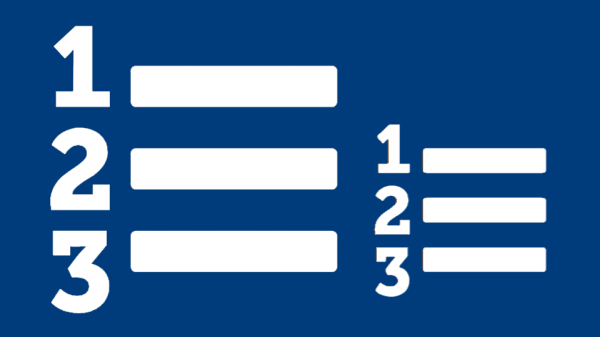Admission requirements
- Higher education entrance qualification
- Bachelor’s degree requiring four years of full time study in political science, social science, law, economics, geography or related discipline
- Strong academic record
- Minimum of one year full-time professional relevant work experience at time of application
- Very good English language proficiency: Applicants whose native language is not English must provide a recent language certificate (TOEFL, IELTS) giving evidence of their level of proficiency in English
- TOEFL:
Paper based test: minimum score of 550
Computer based test: minimum score of 213
Internet based test: minimum score of 80
- IELTS: minimum score of 6.0
(Applicants can be exempted from this requirement only if they hold a bachelor’s or higher degree from an English-language college or university. Instead they are required to provide proof that English was the language of instruction and of all examinations of their degree course.)
DAAD Scholarships
The German Academic Exchange Service (DAAD) offers a limited number of scholarships to highly qualified applicants from Africa, Latin America, South Asia, Southeast Asia as well as from countries in the Middle East, within the Good Governance and Public Policy Programme (PPGG).
Applicants that wish to be considered for a scholarship have to submit their application directly to the University of Duisburg-Essen. An additional application to the DAAD is not necessary. More details are published on our website, where there is also further information available.
Application for candidates not applying for a DAAD scholarship
Please follow the instructions on our website and use our new online portal.
More information about application and application deadlines: http://www.ma-dev-gov.de/
Language requirements
All classes are taught in English.









